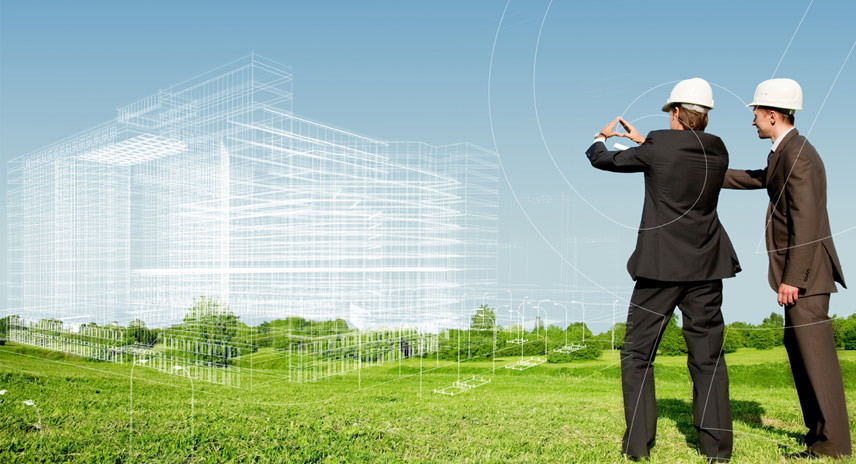
At the core of a property developer's work is the desire to transform abandoned land or unutilized property into profitable assets. They carefully analyze trends in the market, assess the needs of the local community, and develop plans that fulfill both demands and aspirations. The vision usually involves collaboration with architects, urban planners and local authorities for ensuring that they are in line with the zoning laws, infrastructure requirements, and environmental concerns. From high-end condominiums and mixed-use development, property developers have the ability to conceptualize and developing projects that are geared to diverse demographics and preferences.
The complex world of real estate development is not without challenges. Instabilities in markets, hurdles to regulation and local opposition could make even the most carefully planned plans off the track. Economic downturns may stall projects as changing preferences of consumers require constant adaptation. Furthermore, developers have to strike the right balance between profits and social accountability, battling with the issues of affordability, sustainability, and equitable access to housing. Faced with these problems, successful builders demonstrate the ability to adapt, innovate, and unwavering dedication to the vision they have.
In the realm of finance, property developers are akin to orchestrators. They conduct an entire orchestra of investments in order to finance their ambitious projects. To secure capital, you must combine of debt, equity, as well as sometimes incentives from the government. Developers must convince investors of the potential benefits and viability for their endeavors while maintaining risk and reward. Financial acumen is paramount, as successful developers must be able to manage cash flows, minimize risks and be able to adapt for market changes to ensure sustainability of the project. To obtain more information please read more

A defining trait of property developers is their knack for collaboration. They create multidisciplinary teams of architects, engineers, contractors, and designers to execute their plans. Collaboration and communication are vital as these teams coordinate to turn plans into concrete structures. Moreover, developers often engage with local stakeholders and communities for support, and to address the issues. Outreach to communities builds trust and enhances project credibility, and could even help uncover potential for innovation and inclusivity.
Despite their inherent complexity and challenges that face property developers, they remain indispensable catalysts for progress and prosperity in the real industry. Their ability to anticipate as well as execute and to adapt to the changing dynamics of markets drives innovation and resilience in urban landscapes. In embracing responsible development methods, fostering community engagement, and embracing diversity, developers have a key part in shaping an inclusive and sustainable future that will be enjoyed by generations to come.